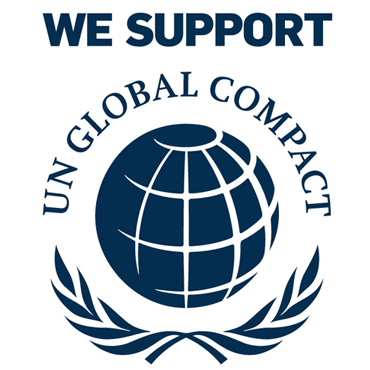How Prysmian integrates the UN Global Compact Statement and its principles into the Group’s strategy, culture and day-to-day operations
Prysmian adheres to the Global Compact, whose principles and spirit are reflected in the culture, values and practices of the group. Environmental, Social and Governance (ESG) values are deeply embedded in the Group’s DNA, inspiring its strategic priorities and influencing day-by-day behaviors. As a leading group, Prysmian is supported by its Values, Mission and Vision that guide its operations, are translated into its solutions and products, and fuel the ambitions for its role - as technology enabler for the energy transition and digitalization process - in tomorrow’s world.







